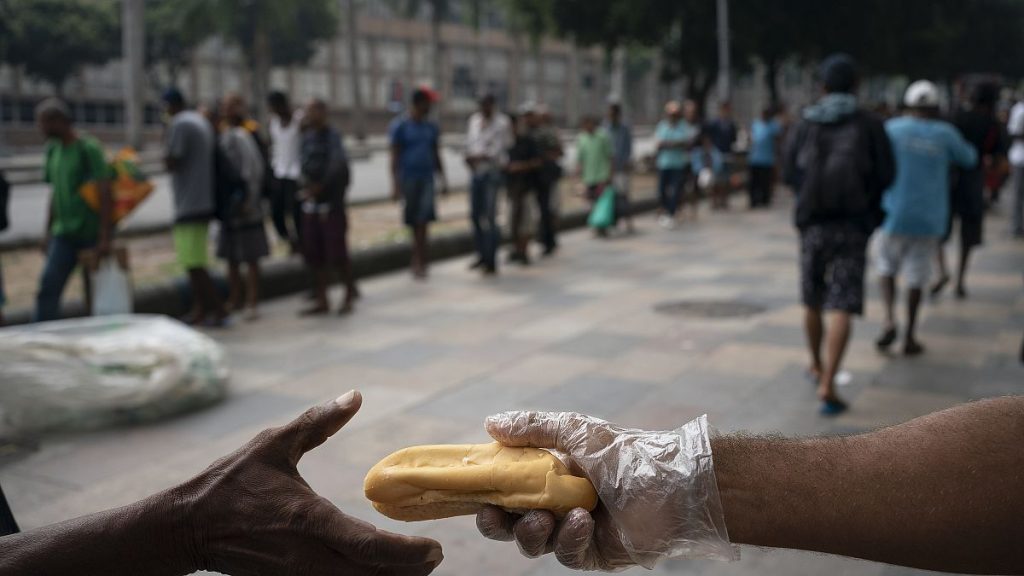Brazil’s Bolsa Família Programme, a pioneering conditional cash transfer initiative, has demonstrated a significant impact on reducing tuberculosis (TB) incidence and mortality among the country’s most vulnerable populations. Established in 2004, the programme provides monthly cash benefits to families living in extreme poverty, contingent on meeting specific health and education requirements. This large-scale study, encompassing over 54 million low-income Brazilians over a 12-year period, reveals a compelling correlation between cash transfers and improved TB outcomes. The research underscores the profound influence of socioeconomic factors on health, particularly for diseases like TB that disproportionately affect impoverished communities.
The study’s findings highlight a stark contrast in TB rates between beneficiaries and non-beneficiaries of the Bolsa Família Programme. Individuals receiving cash transfers experienced significantly lower TB incidence and mortality compared to their counterparts who did not receive the assistance. This protective effect proved even more pronounced among historically marginalized groups, including Indigenous, Black, and Pardo Brazilians, as well as those residing in the country’s less developed northern and northeastern regions. The results reinforce the notion that targeted interventions addressing poverty can yield substantial health benefits, rivaling the impact of medical advancements like new drugs or diagnostics.
The mechanism through which cash transfers mitigate TB risk is multifaceted. Improved financial stability allows recipients to access better nutrition, more sanitary living conditions, and timely healthcare, including early TB diagnosis and treatment. Reduced overcrowding and better ventilation in homes, facilitated by increased financial resources, also contribute to lowering the risk of TB transmission. Additionally, the programme’s conditional nature, requiring beneficiaries to engage with healthcare services and ensure children receive necessary vaccinations, further contributes to improved health outcomes.
However, the study also identified limitations in the programme’s effectiveness in regions with a high concentration of prisons. Prisons, often serving as breeding grounds for TB due to overcrowding and inadequate healthcare access, can spill over into surrounding communities, hindering the overall impact of cash transfer programmes in these areas. This finding underscores the need for integrated approaches that address the specific challenges posed by institutional settings in the fight against infectious diseases.
The implications of this research extend far beyond Brazil’s borders. The success of the Bolsa Família Programme serves as a compelling example for other nations grappling with high TB burdens, particularly in low- and middle-income countries. The study suggests that poverty reduction strategies, including cash transfer programs, can be powerful tools in combating infectious diseases, particularly among the most vulnerable segments of society. The findings offer valuable insights for policymakers seeking sustainable solutions to improve public health and reduce health inequities.
The Brazilian experience demonstrates that addressing the social determinants of health, such as poverty and malnutrition, can yield substantial gains in controlling infectious diseases. While the study period predates recent economic and political challenges in Brazil, as well as the global disruption caused by the COVID-19 pandemic, the long-term impact of cash transfers on TB outcomes remains significant. Similar programs implemented in other countries, including India and Uganda, have also shown promising results, further strengthening the case for investing in social safety nets as a critical component of public health strategies. The evidence overwhelmingly supports the notion that poverty reduction is not merely a social imperative but a crucial strategy for improving global health outcomes.














